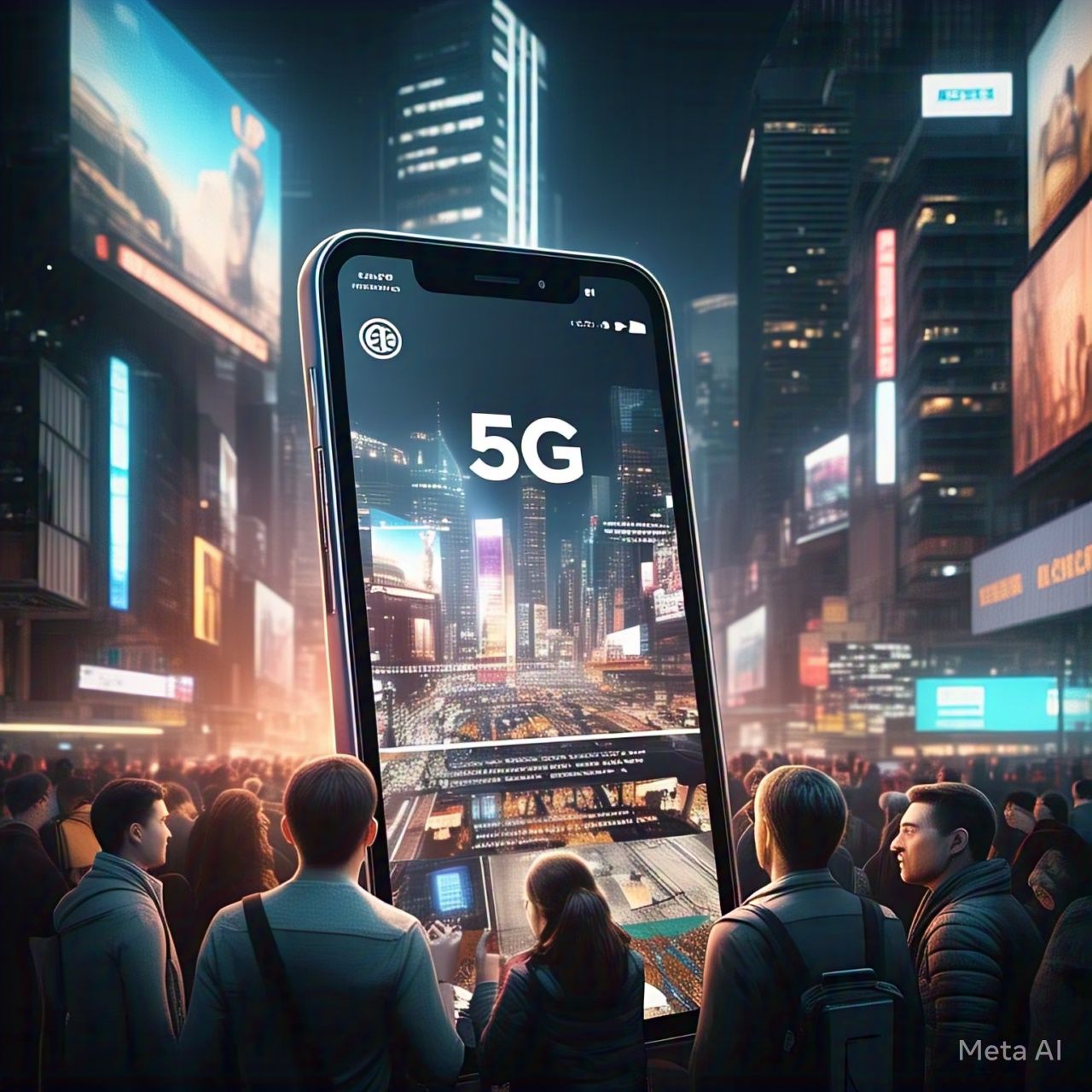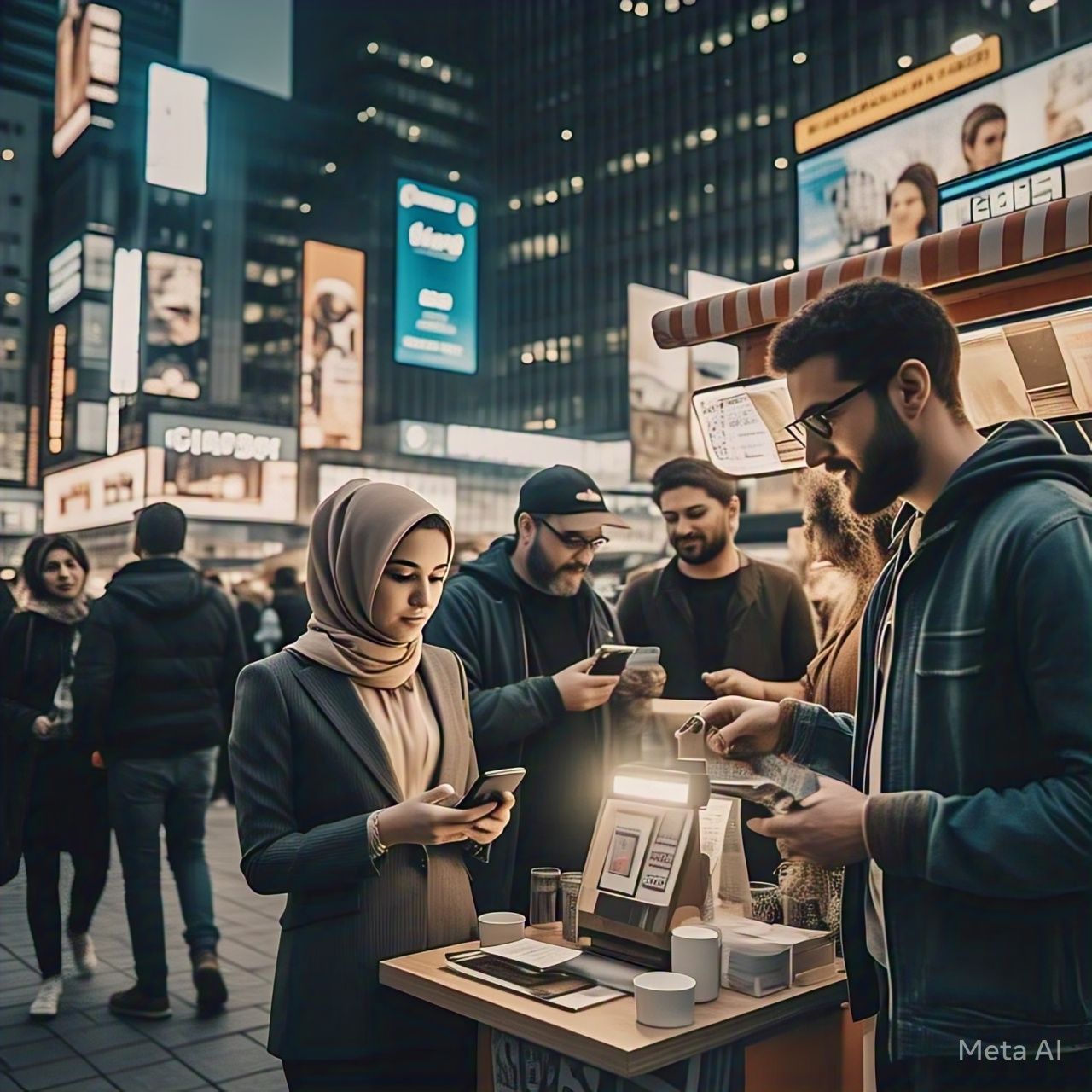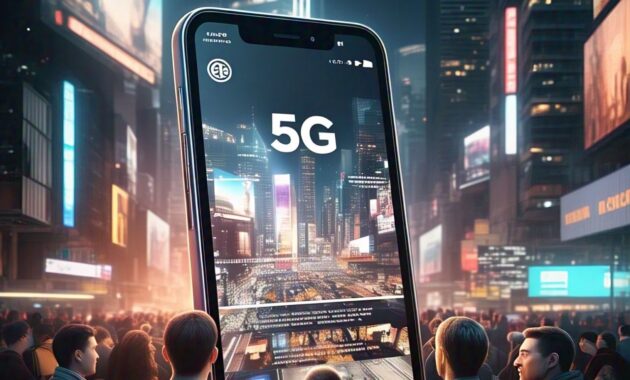Artificial Intelligence (AI) has revolutionized various industries, and one of the most impactful areas of its application is in mobile applications. AI-powered mobile apps are transforming the way we communicate, shop, learn, work, and manage daily tasks. These apps leverage machine learning (ML), natural language processing (NLP), computer vision, and predictive analytics to provide users with intelligent, personalized, and automated experiences.
From virtual assistants like Siri and Google Assistant to recommendation engines on Netflix and Amazon, AI is making mobile apps smarter, more intuitive, and more efficient. With the continuous evolution of AI technologies, the potential for mobile applications is endless, enabling businesses and consumers to benefit from highly customized and responsive solutions.
In this article, we will explore:
✔ How AI is integrated into mobile applications
✔ The benefits of AI-powered apps
✔ Key industries leveraging AI in mobile apps
✔ Challenges and future trends
How AI is Integrated into Mobile Applications
AI is embedded into mobile applications through various technologies, enabling them to analyze data, learn from user interactions, and provide automated solutions. Here are some of the primary AI-driven technologies used in mobile apps:
1. Machine Learning (ML) and Deep Learning
ML allows mobile apps to learn from user behavior and improve over time. Deep learning, a subset of ML, helps in image recognition, speech processing, and decision-making.
🔹 Example: Google Photos uses deep learning to recognize faces and categorize images automatically.
2. Natural Language Processing (NLP)
NLP enables mobile apps to understand, interpret, and respond to human language through text or voice input.
🔹 Example: Chatbots in customer service apps, such as ChatGPT-powered bots, provide instant responses to user queries.
3. Computer Vision
Computer vision allows apps to interpret and process visual data, making them capable of facial recognition, object detection, and augmented reality (AR).
🔹 Example: Face ID on iPhones uses AI-powered facial recognition to unlock devices securely.
4. Predictive Analytics
AI-powered mobile apps analyze past behavior and data to make accurate predictions about future actions.
🔹 Example: Spotify and YouTube recommend songs and videos based on user preferences.
5. Speech Recognition
AI-driven speech recognition allows users to interact with apps using voice commands.
🔹 Example: Google Assistant and Amazon Alexa enable hands-free operation through voice commands.
6. AI-Based Personalization
AI collects and processes user data to deliver customized content, advertisements, and recommendations.
🔹 Example: Netflix recommends movies and TV shows based on viewing history.
Benefits of AI-Powered Mobile Apps
1. Enhanced User Experience (UX)
AI enables apps to understand user behavior and preferences, offering a seamless, intuitive, and interactive experience.
🔹 Example: AI in e-commerce apps personalizes product recommendations based on browsing history.
2. Improved Efficiency and Automation
AI automates repetitive tasks, reducing manual effort and increasing efficiency.
🔹 Example: AI-driven email sorting in Gmail categorizes emails into Primary, Social, and Promotions tabs.
3. Advanced Security and Fraud Detection
AI enhances security by detecting suspicious activity, fraud attempts, and malware threats in mobile applications.
🔹 Example: AI in banking apps detects fraudulent transactions and alerts users in real-time.
4. Real-Time Language Translation
AI-powered mobile apps can translate text and speech in real-time, breaking language barriers.
🔹 Example: Google Translate uses AI for instant speech and text translation.
5. Smart Virtual Assistants
AI-driven voice assistants can schedule appointments, send messages, and control smart devices.
🔹 Example: Apple’s Siri, Google Assistant, and Amazon Alexa help users with daily tasks.
6. Increased Customer Engagement
AI chatbots provide 24/7 customer support, improving user engagement and satisfaction.
🔹 Example: AI-powered chatbots in banking apps assist customers with account queries and transactions.
Industries Leveraging AI-Powered Mobile Apps
AI-powered apps are making a significant impact across multiple industries:
1. E-Commerce and Retail
AI enhances shopping experiences by providing personalized recommendations, chatbots, and automated customer support.
🔹 Example: Amazon and eBay use AI-driven recommendation engines to suggest products based on user history.
2. Healthcare
AI-powered mobile apps are revolutionizing telemedicine, diagnostics, and patient monitoring.
🔹 Example: Ada Health uses AI to assess symptoms and provide medical advice.
3. Finance and Banking
AI enhances fraud detection, risk assessment, and automated financial advisory in banking apps.
🔹 Example: PayPal uses AI to detect fraudulent transactions and prevent financial fraud.
4. Education and E-Learning
AI-driven education apps provide personalized learning experiences, AI tutors, and automated grading systems.
🔹 Example: Duolingo uses AI to personalize language learning lessons for users.
5. Entertainment and Streaming
AI enhances content recommendations and user experiences on streaming platforms.
🔹 Example: Netflix and Spotify use AI to analyze viewing and listening habits to suggest relevant content.
6. Travel and Hospitality
AI-powered travel apps provide dynamic pricing, chatbots for customer service, and personalized trip recommendations.
🔹 Example: Hopper uses AI to predict flight price changes and suggest the best time to book tickets.
7. Real Estate
AI in real estate apps helps with property recommendations, price predictions, and virtual home tours.
🔹 Example: Zillow uses AI to estimate property values and recommend homes based on user preferences.
Challenges in AI-Powered Mobile App Development
Despite its advantages, AI-powered mobile app development faces several challenges:
1. Data Privacy and Security Risks
AI relies on user data, raising concerns about data breaches, misuse, and privacy violations.
🔹 Solution: Developers must implement strong encryption, secure authentication, and transparent data policies.
2. High Development Costs
Developing AI-powered apps requires advanced AI models, cloud computing, and data processing, making it expensive.
🔹 Solution: Companies can use AI-as-a-Service (AIaaS) platforms like Google Cloud AI to reduce costs.
3. Need for Continuous Learning and Updates
AI models must be constantly updated to improve accuracy and performance.
🔹 Solution: Businesses should invest in continuous AI model training and optimization.
4. Ethical Concerns
AI bias and discrimination in decision-making processes can lead to unfair outcomes.
🔹 Solution: Developers should ensure AI models are trained on diverse, unbiased datasets.
Future Trends in AI-Powered Mobile Apps
1. AI-Powered Augmented Reality (AR) and Virtual Reality (VR)
AI will enhance AR and VR experiences in gaming, education, and shopping apps.
🔹 Example: AI-powered virtual fitting rooms will allow users to try on clothes digitally before purchasing.
2. AI-Driven Hyper-Personalization
AI will offer even more personalized experiences by analyzing real-time data and user emotions.
🔹 Example: Apps will detect user moods and adjust content accordingly.
3. Voice and Gesture Recognition
Future apps will rely more on voice commands and hand gestures for navigation.
🔹 Example: AI-driven gesture-based controls in smart home apps will become more common.
4. AI-Powered IoT Integration
AI-powered mobile apps will seamlessly connect with Internet of Things (IoT) devices for automation.
🔹 Example: AI will control smart homes, wearables, and connected vehicles via mobile apps.
Conclusion
AI-powered mobile apps are reshaping industries, enhancing user experiences, and driving automation. As AI technology continues to evolve, mobile applications will become even smarter, more efficient, and deeply integrated into everyday life.
Businesses investing in AI-driven mobile solutions will gain a competitive advantage, offering users highly personalized, secure, and intuitive experiences. The future of mobile applications is undoubtedly AI-driven, and the possibilities are limitless!












